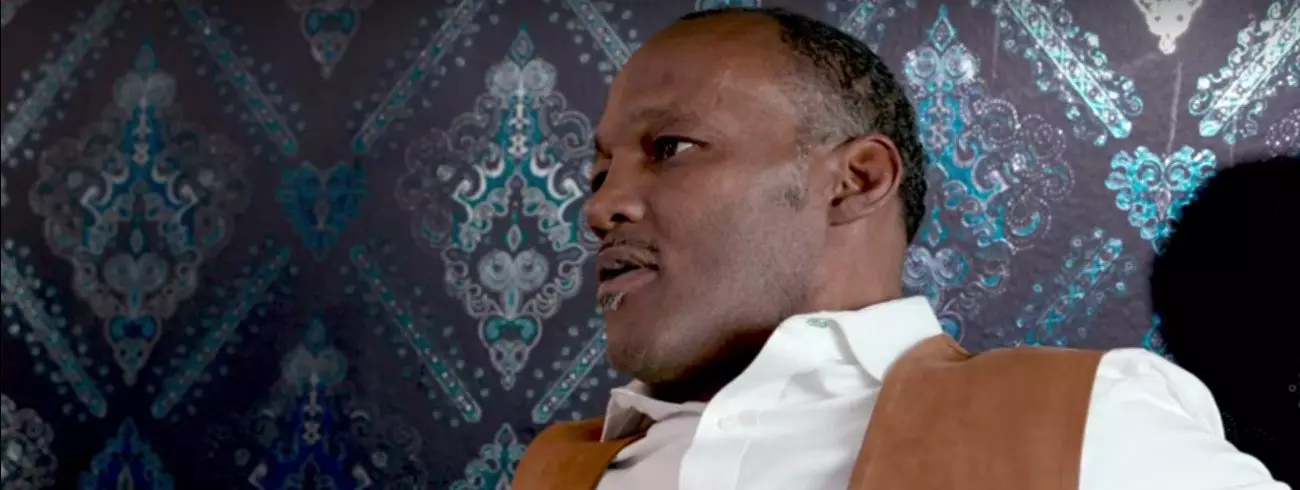In the world of sports, we often celebrate the glory, victories, and accolades of our heroes without fully understanding the personal challenges they might face after their careers conclude. Donald Curry, once hailed as one of boxing’s brightest stars, exemplifies the urgent need for awareness and support regarding mental health within the athletic community. The former welterweight and light-middleweight champion now grapples with Traumatic Encephalopathy Syndrome (TES) at age 63, and his story serves as a poignant reminder of the ongoing battles athletes endure long after the final bell rings.
Curry, remembered for his incredible talent and once compared to the legendary Sugar Ray Leonard, has seen a somber turn in his life. His son, Donovan Curry, has publicly disclosed the reality that his father faces impulsive behavior, memory loss, and impaired reasoning—hallmarks of TES that can be traced back to the cumulative brain injuries sustained during Curry’s prolonged boxing career. Fans are left shocked, as the vibrant persona who filled arenas with charisma is now shrouded in the struggles of an invisible illness. This tragic decline not only affects Curry but also resonates deeply with the fans who once celebrated his victories, illustrating the fragility of life beyond the spotlight.
The urgency of the situation was encapsulated in an emotional social media post by Donovan, who detailed their desperate search for specialized care facilities. The family had previously relied on a church-based care center, but after the passing of Paul Reyes, Curry’s beloved trainer, the family found themselves in a precarious position. They are now reaching out to the public for help in finding institutions experienced in treating TES, ideally those that offer assistance at no charge. This message is not just a plea for resources; it underscores a broader issue within the sports world—athletes can leave the ring, but the repercussions of their sport can last a lifetime.
Curry’s story is emblematic of a larger trend in sports, where mental health and brain injuries are frequently overshadowed by the glamour of physical prowess and competitive success. It has become increasingly evident that many former athletes face similar challenges and require the same level of support as they once received for their physical training. As we witness similar struggles in other former champions, like Wilfred Benitez, whose condition demands constant care, it becomes critical to recognize that mental health issues can manifest long after the cheers have faded.
As fans and supporters, we must advocate for better mental health resources for athletes who have given so much to their sports. Their contributions should warrant an equally robust support system when they experience the dire consequences of their time in the ring or on the field. It is heartening to see that Curry’s plea has resonated with fans and fellow boxing personalities, igniting discussions about the need for fundraising efforts and improved healthcare solutions.
A potential charity event could not only raise money for Curry’s treatment but could also serve as a powerful platform to shine a spotlight on mental health issues within sports. Such initiatives might pave the way for systemic changes to ensure that athletes have access to the psychological care they require during retirement.
Donald Curry’s current situation is a clarion call to the sports community, emphasizing that the heroics celebrated in the arena do not protect against the harsh realities of life beyond it. As we rally together to support him in this trying chapter of his life, we must also engage in conversations about mental health, ensuring that no athlete is left to fight their most important battles alone. If we remember Donald Curry for his exploits within the ring, let us also commit to ensuring he receives the help he deserves—so that he can continue to serve as an inspiration, not just for his boxing legacy, but for his strength in the face of adversity.

